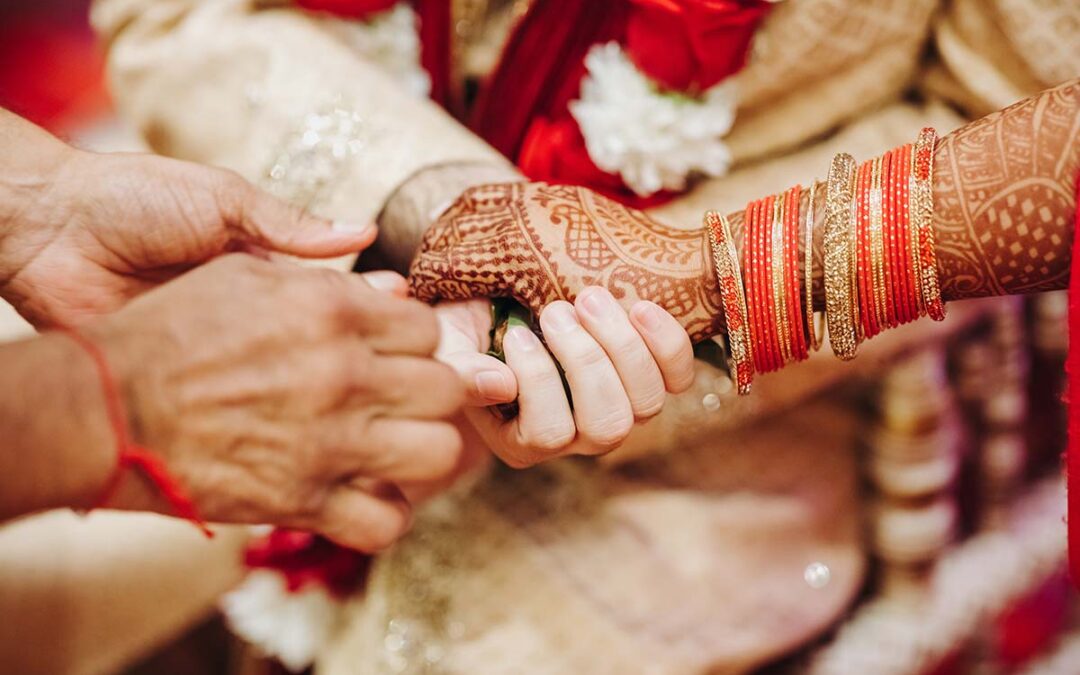Photo Credit: Freepik.com
Arranged marriage is a traditional form in India where the bride and groom are chosen by their families. Arranged marriages have been a part of Indian culture for centuries, and there are many reasons why families may pressure their children to enter into one. It’s a tradition Indians find hard to part with. Even in the 21st Century, around 85 percent of Indians prefer to marry the boy or girl chosen by their families rather than choosing their life partners themselves.
This statistic was revealed in a survey conducted by the Taj Group of Hotels. Another survey by IPSOS in 2013 revealed that 74% of young Indians aged between 18 and 35 said that they would rather let their parents choose their life partners than choose themselves.
Cultural expectations: Arranged marriage is seen as a way to uphold cultural values and traditions. In India, marriage is often seen as a union of two families, not just two individuals. Families may feel that they have a responsibility to find a suitable match for their child and that an arranged marriage is the best way to do this.
Social pressure: In India, there is still a lot of social pressure to get married. In India, there is a lot of stigma around people who are unmarried; they may be seen as incomplete or as a burden to their family. Families may feel that they are letting their child down if they do not get married, and they may put pressure on their child to get married in order to avoid social stigma.
Financial security: In India, marriage is often seen as a way to secure financial stability. Families may feel that they can better provide for their children if they are married to someone who has a good job or a stable income. They may also feel that their child will be more likely to be taken care of if they are married to someone from a wealthy family.
Fear of loneliness: In India, there is a strong emphasis on family and community. Families may feel that their children will be lonely if they do not get married. They may also feel that their child will not be able to fully participate in social and religious activities if they are not married.
Lack of awareness of other options: Some families may not be aware of other options for finding a spouse, such as online dating or meeting people through friends or social activities. They may feel that arranged marriage is the only way to ensure that their child finds a suitable match.
Advantages:
- Similarities between couples’ cultures: The fact that partners frequently share relatively comparable backgrounds and cultural beliefs is another advantage of arranged weddings. In order for their children’s partners to blend in with the family and their own, parents frequently select spouses who share similar cultural beliefs.
- Family ties become stronger: Arranged marriages also have the benefit of significantly strengthening the bonds between various families.
- Similar values: Since their parents make sure that the partner’s values will meet the family values in order to ensure a happy and harmonious living, partners who met because of arranged marriages are typically highly likely to share similar values.
You may want to read more about the disadvantage and pressures of arranged marriage in India.

